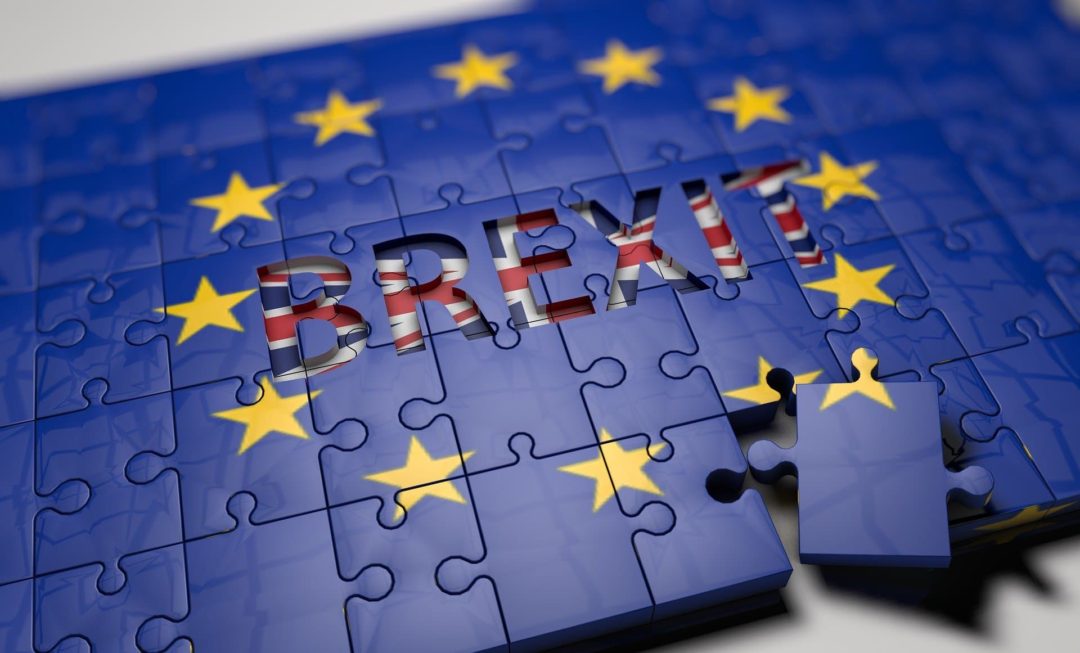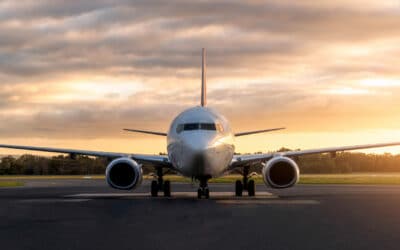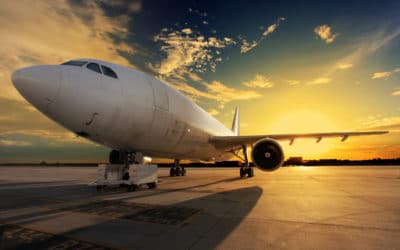Brexit Deal – A VAT guide for businesses.
The UK and EU have completed a deal so that trade can be done between the two entities without tariffs or quotas. However, further negotiations are on-going, for example in the area of services where there is currently no agreement.
We have put this guide together to help give practical VAT advice to UK businesses but please note that each case needs careful consideration and we would be happy to discuss your business’ particular circumstances. The position may well change over time as the new rules bed in.
Firstly, companies from the UK will not make EC sales after 1 January 2021. Any sales to the EU will become exports (there will be no EC Sales Lists to complete after 1st January 2021.
EC acquisitions (purchases) will become imports at the same time.
Both imports and exports will require a UK company to have an EORI number. This is a simple process using the following link: https://www.gov.uk/eori
Moving Goods to the EU from GB
Goods sent Business to Business (B2B) and Business to Consumer (B2C) will be zero-rated exports after 1 January 2021. The value of goods will need to be entered in Box 6 of the VAT return (just like exports to the rest of the world).
Customs documents will also be required. Customs processes are complicated (tariffs, software for declarations, transportation, etc), so most companies use customs intermediaries e.g. customs agents, courier firms, postal operators, etc, to complete customs processes on their behalf.
It is the exporters’ responsibility to provide their intermediary with the relevant information for these customs documents so it is important to contact them as soon as possible to check the requirements.
Unfortunately, Business to Consumer (B2C) supplies may require a VAT registration in the country where the goods are delivered. The EU is looking at introducing a scheme so that non-EU sellers do not have to register in each EU country they supply to but due to the pandemic, this has been delayed to 1 July 2021. Businesses may elect to shift responsibility for the payment of import VAT to the end customer, which will be collected via the ‘customs declarant’ (postal operator, courier firm, customs agents). This is a commercial decision, and businesses would need to weigh up the cost for both options, as the customs declarant would presumably charge for this service.
Importing Goods into GB from the EU
Goods being moved from the EU to the UK will become imports after 1 January 2021. The value of goods will need to be entered in Box 7 of the VAT return.
For B2B supplies import VAT, including imports from the EU, can be accounted for on a business’ VAT return instead of paying VAT at the point of import and having to reclaim VAT later. This allows the import VAT to be paid for on the VAT return and claimed back on the same return (in Boxes 1 and 4). This is subject to the normal input tax rules.
When importing goods into the UK from the EU it is often necessary to make a full or standard customs declaration. This requires the importer to:
- Ensure the exporter has an EU EORI number;
- The exporter has the relevant export or specialist goods licences or certificates;
- The exporter has completed the export declaration in their country of export;
- The importer has a UK EORI number;
- The importer pays any duty necessary (it is unlikely that customs duty will be due unless the goods have originated from outside the EU, but excise duty will be due); and
- Import VAT is accounted for under the postponed accounting system if the importer is VAT registered.
VAT on Services post-Brexit
For B2B services the reverse charge will still apply but to both non-EU and EU countries. The services supplied by UK businesses are outside the scope of UK VAT (there are exceptions including land) and do not impact the UK VAT return. It will be important to have evidence that the customer is in business (e.g. the customer’s VAT number)
For services supplied by EU businesses to UK businesses the reverse charge will apply after 1 January 2021 (Boxes 1 and 4 and 7 on the VAT return).
Business to consumer supplies of a professional, technical and intangible nature
If you’re supplying professional services from the UK to consumers outside the UK, your services are supplied where your customer belongs and so are outside the scope of UK VAT. So, accountancy services provided to an EU non-business customer will now be outside the scope of UK VAT just like accountancy services supplied to non-business customers in the rest of the world. However, many other services to non-UK non-business customers may be subject to UK VAT.
How can we help?
Should you have any questions, please do not hesitate to contact us. We would welcome the opportunity to assist you with your VAT.
More from our tax experts
You can find all of our latest tax articles and tax resources here.
If you are looking for advice in a particular area, please get in touch with your usual Hawsons contact.
Alternatively, we offer all new clients a free initial meeting to have a discussion about their own personal circumstances – find out more or book your free initial meeting here. We have offices in Sheffield, Doncaster and Northampton.
More similar articles
Spring Statement 2022
Spring Statement 2022 Against a backdrop of rising inflation, Chancellor Rishi Sunak presented his first Spring Statement on Wednesday 23 March 2022. In his Spring Statement, the Chancellor announced a cut in fuel duty for petrol and diesel as he sought to ease the...
What are Freeports? VAT implications
A Freeport is designed to attract major domestic and international investment, these hubs of enterprise will allow places to carry out business inside a country’s land border but where different customs rules apply. At a Freeport, imports can enter with simplified...
NIC reliefs set for Freeports
Freeport operators will be able to take advantage of a zero rate of secondary national insurance contributions (NICs) for employees, the government has announced. The National Insurance Contributions Bill 2021, which legislates reliefs for those operating in...
UK manufacturers increase optimism
The UK manufacturing sector has seen its largest increase in optimism since 1973 as lockdown measures ease and demand grows. Vaccine progress increases manufacturers optimism A recent poll of 288 leading industrial companies (conducted by the CBI) found that...





